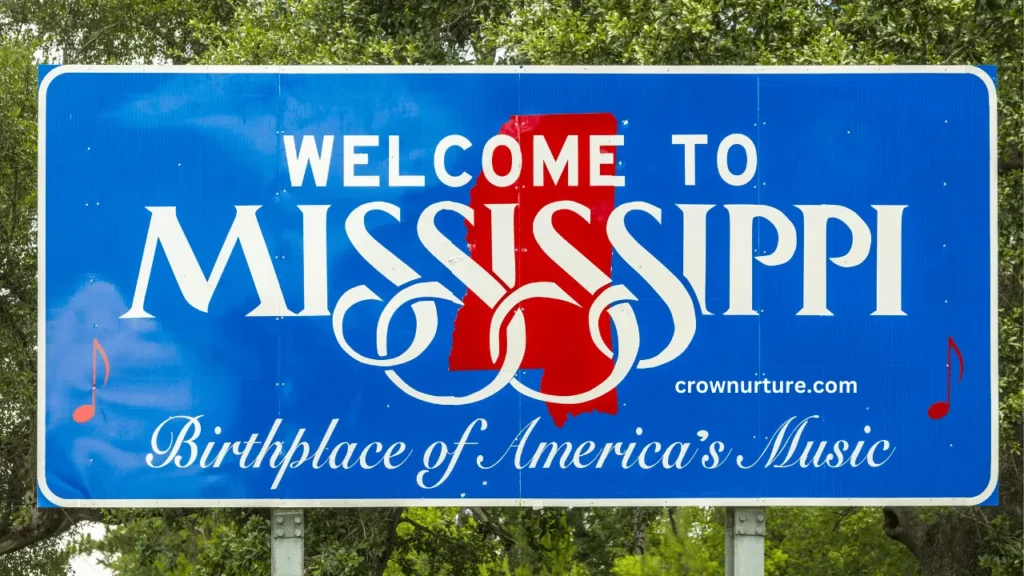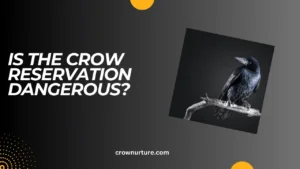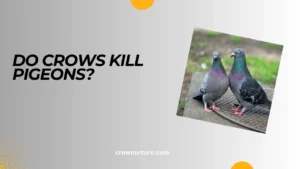Crows, often viewed as symbols of intelligence and adaptability, have a complex relationship with humans. These birds play vital roles in ecosystems, yet their penchant for raiding crops or scavenging in urban areas can turn them into unwelcome visitors.
This duality often raises questions about managing their populations and whether it’s ever legal to kill them. If you live in Mississippi, you might wonder about the laws governing the killing of crows.
Are they protected under state or federal law? What happens if you harm one? Understanding the legal and ethical landscape of crow control is essential—not only to avoid hefty penalties but also to make informed decisions about human-wildlife conflict.
In this blog, we’ll explore whether it’s illegal to kill a crow in Mississippi. From federal protections to state-specific regulations, ethical alternatives, and potential legal consequences, this comprehensive guide will help you navigate this nuanced topic responsibly and within the law.

Contents
- 1 1. Federal Bird Protection Laws
- 2 2. Mississippi State Laws
- 3 3. Ethical Considerations and Alternatives
- 4 4. Legal Consequences of Illegal Killing
- 5 5. Importance of Compliance and Awareness
- 6 Conclusion
- 7 FAQs
- 7.1 1. Are crows protected by law in Mississippi?
- 7.2 2. Can I kill a crow if it’s damaging my crops?
- 7.3 3. What is the penalty for illegally killing a crow?
- 7.4 4. Are there non-lethal ways to manage crows?
- 7.5 5. How do I get a permit to control crows?
- 7.6 6. Do crows play an important role in the ecosystem?
1. Federal Bird Protection Laws
The Migratory Bird Treaty Act (MBTA) protects many bird species, including crows, from hunting or killing without authorization. This century-old law aims to preserve bird populations by regulating activities like hunting and trapping.
However, there are exceptions under the MBTA. For instance, crows can sometimes be controlled legally if they’re damaging crops, property, or posing health risks. Such actions require permits and adherence to strict guidelines to avoid penalties.
These federal protections ensure that crows, despite being considered pests in some contexts, aren’t recklessly harmed, preserving their ecological role as scavengers and seed dispersers.
2. Mississippi State Laws
In Mississippi, state wildlife laws align with federal regulations to manage crow populations responsibly. Killing a crow without proper justification or permits is generally prohibited, emphasizing the importance of coexisting with native wildlife.
To legally control crows, individuals must obtain permits from local wildlife authorities. These permits outline specific conditions under which crows can be lethally managed, such as during agricultural conflicts or public health threats.
Additionally, local ordinances may vary, with some municipalities imposing stricter rules on wildlife control. Checking both state and local regulations is crucial before taking any action.

3. Ethical Considerations and Alternatives
Dealing with crows often raises ethical concerns about harming intelligent creatures that play significant ecological roles. Instead of lethal control, exploring non-lethal options can provide effective and humane solutions.
Non-lethal methods include noise deterrents, visual scares (like reflective tape), or habitat modifications to make areas less attractive to crows. These approaches reduce conflict without disrupting crow populations.
Killing crows should always be a last resort, as it can disrupt local ecosystems. Addressing the ethical implications encourages a more balanced approach to wildlife management, fostering coexistence.
4. Legal Consequences of Illegal Killing
Violating wildlife protection laws can lead to serious penalties, including fines ranging from hundreds to thousands of dollars. These fines aim to deter unauthorized harm to protected species.
In addition to fines, criminal charges may apply, particularly for repeat offenders or intentional violations. These charges can result in a criminal record and, in severe cases, imprisonment.
Understanding the legal consequences of killing a crow without authorization underscores the importance of following laws and seeking permits when necessary.
5. Importance of Compliance and Awareness
Complying with laws ensures not only legal protection but also the preservation of local ecosystems. Mississippi’s crows contribute to natural pest control and waste management, making their protection critical for ecological balance.
Raising awareness about crow control helps communities adopt sustainable practices and minimizes unnecessary conflicts with wildlife. Educational campaigns and resources from wildlife agencies can guide responsible interactions with crows.
Ultimately, understanding the broader implications of wildlife management encourages thoughtful decision-making, benefiting both humans and the environment.
Conclusion
Killing a crow in Mississippi without proper authorization is not only illegal but also unnecessary in most cases. Both state and federal laws, including the Migratory Bird Treaty Act, protect these intelligent birds while allowing for controlled management under specific circumstances.
Ethical considerations further highlight the importance of prioritizing non-lethal methods, such as deterrents and habitat modifications. These solutions allow us to address human-crow conflicts without disrupting their ecological contributions.
By adhering to regulations and fostering coexistence, we can balance our needs with the well-being of crows, ensuring that these remarkable birds remain a valued part of Mississippi’s environment. Always consult local authorities or wildlife experts before taking action to ensure compliance and ethical responsibility.
FAQs
1. Are crows protected by law in Mississippi?
Yes, crows are protected under the Migratory Bird Treaty Act and state wildlife laws, with exceptions for controlled management.
2. Can I kill a crow if it’s damaging my crops?
Killing crows for crop protection is allowed only with a valid permit and adherence to federal and state regulations.
3. What is the penalty for illegally killing a crow?
Penalties include fines, potential criminal charges, and, in severe cases, imprisonment.
4. Are there non-lethal ways to manage crows?
Yes, non-lethal methods like noise deterrents, reflective tape, and habitat modifications are effective alternatives.
5. How do I get a permit to control crows?
Contact your local wildlife agency or the U.S. Fish and Wildlife Service to obtain permits and follow their guidelines.
6. Do crows play an important role in the ecosystem?
Yes, crows help control pests, scavenge waste, and disperse seeds, contributing to ecosystem health.








